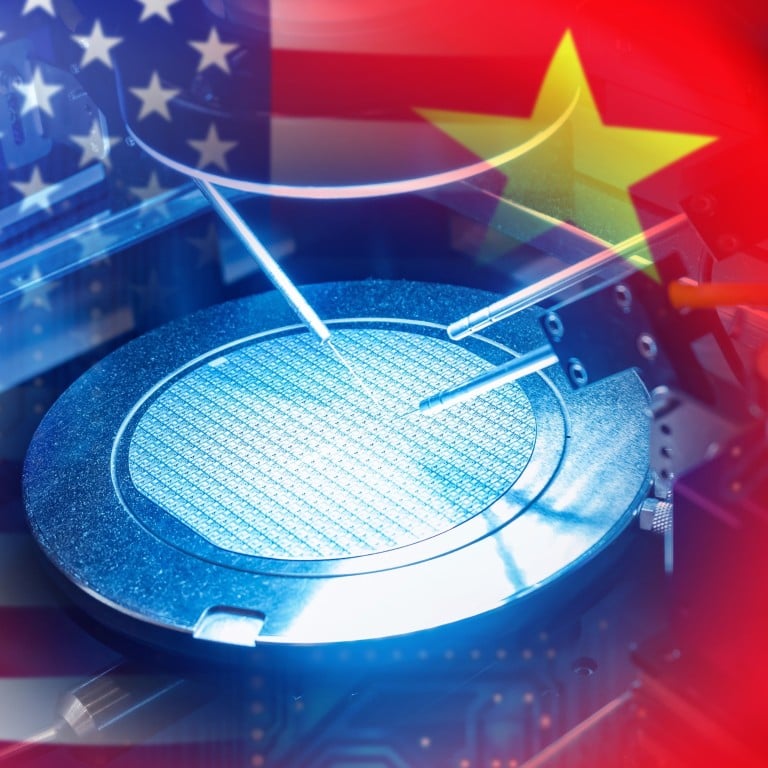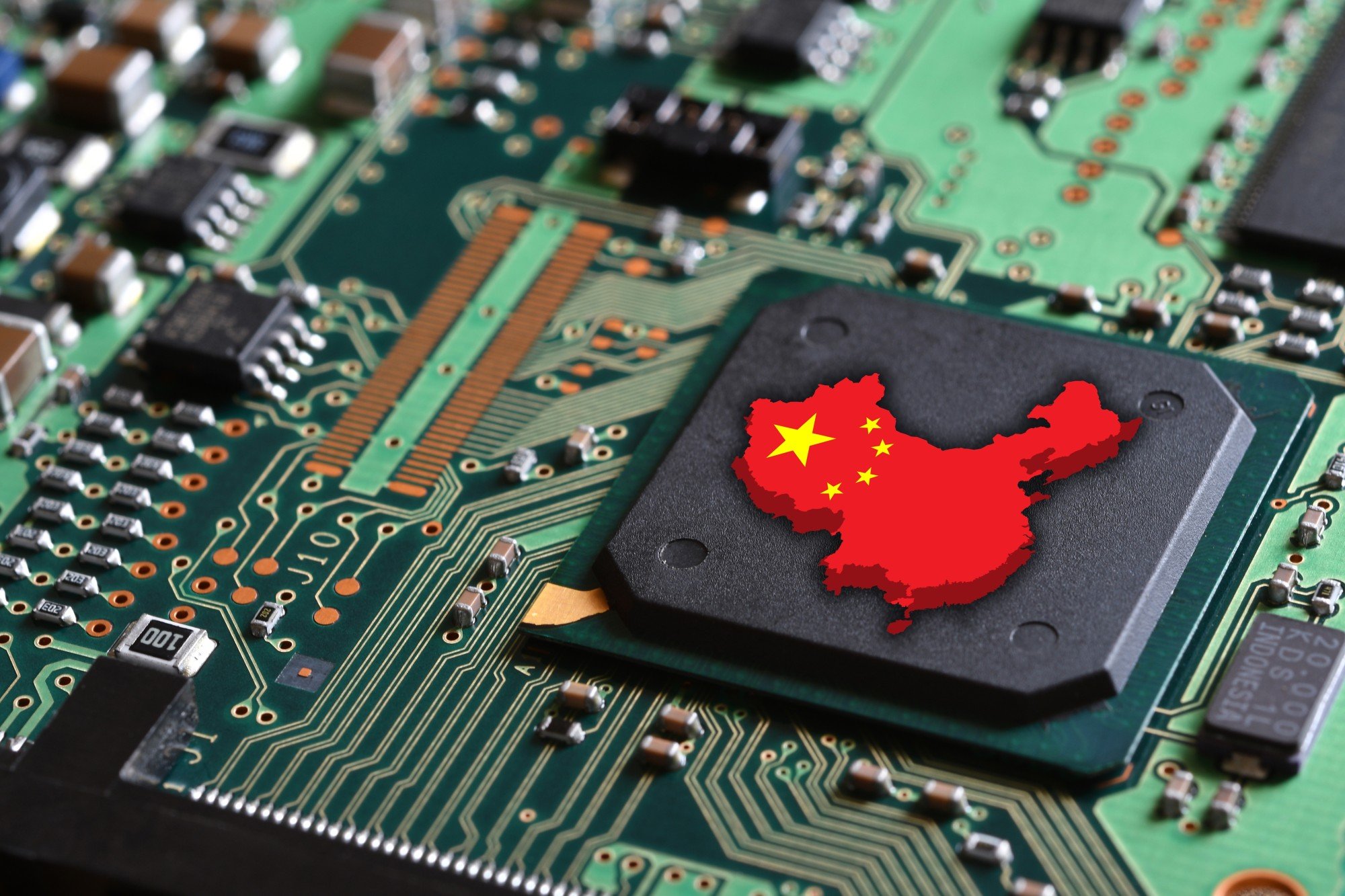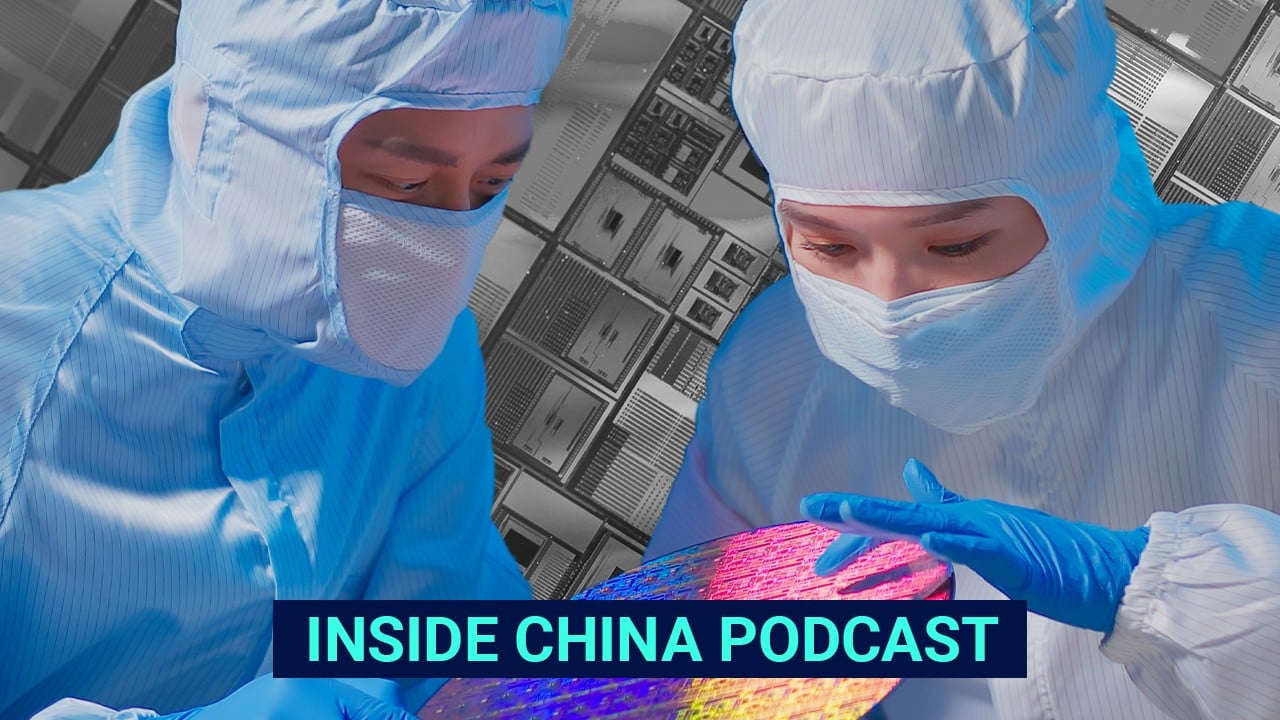
Tech war: US said to weigh sanctions against Huawei’s secretive Chinese semiconductor supply network
- The companies that could face US sanctions include Qingdao Si’En, SwaySure, Shenzhen Pensun Technology and ChangXin Memory Technologies
- Most of the Chinese entities that Washington could blacklist were previously identified as chip-making facilities acquired or being built by Huawei
Most of the Chinese entities that could be affected were previously identified as chip-making facilities acquired or being built by Huawei in a presentation by the Washington-based trade group Semiconductor Industry Association (SIA), according to people familiar with the matter.
No final decisions have been made, the people said. Bloomberg News first reported about SIA’s presentation in 2023.
“Adding more Chinese companies to the US Entity List is a highly likely event,” Jefferies analyst Edison Lee wrote after CXMT was identified as a potential target. “It is easy to implement and justify, and it will further block certain key Chinese companies from being able to exploit current loopholes in export restrictions.”
Beyond companies that actually produce chips, US officials may also sanction Shenzhen Pengjin High-Tech Co, according to the people, as well as SiCarrier, one of the people said. The concern is that those two firms, which make chip-manufacturing gear, are acting as proxies to help Huawei obtain restricted equipment, according to the person.

It is not clear whether the US Commerce Department, which administers the trade blacklist, has additional evidence linking the companies to Huawei, the people said. The US has the authority to sanction businesses that are at risk of harming its national security in the future, and officials do not necessarily need to prove past harmful or illegal activity.
The White House’s National Security Council and Commerce Department’s Bureau of Industry and Security (BIS) declined to comment.
Representatives for the individual Chinese companies and the Ministry of Commerce did not respond to messages seeking comment.
The Ministry of Foreign Affairs reiterated that it “resolutely opposes” US actions that disrupt market order and harms Chinese enterprises, but did not comment specifically on the potential US moves under deliberation.
US allies resist Biden’s urge to tighten chip curbs on China
There are also other policy considerations, such as when the White House will announce a long-awaited adjustment of sweeping China tariffs first imposed under former President Donald Trump. Officials are also considering raising duties on older-generation chips from China, according to people familiar with the matter who said those conversations have picked up in recent weeks.
Huawei’s China-made chip used US gear from Applied Materials and Lam Research
The use of those chip-making equipment, which were bought before US and Dutch export controls went into effect, indicates that China still cannot entirely replace foreign components even as Beijing tries to build a full domestic semiconductor supply chain.


